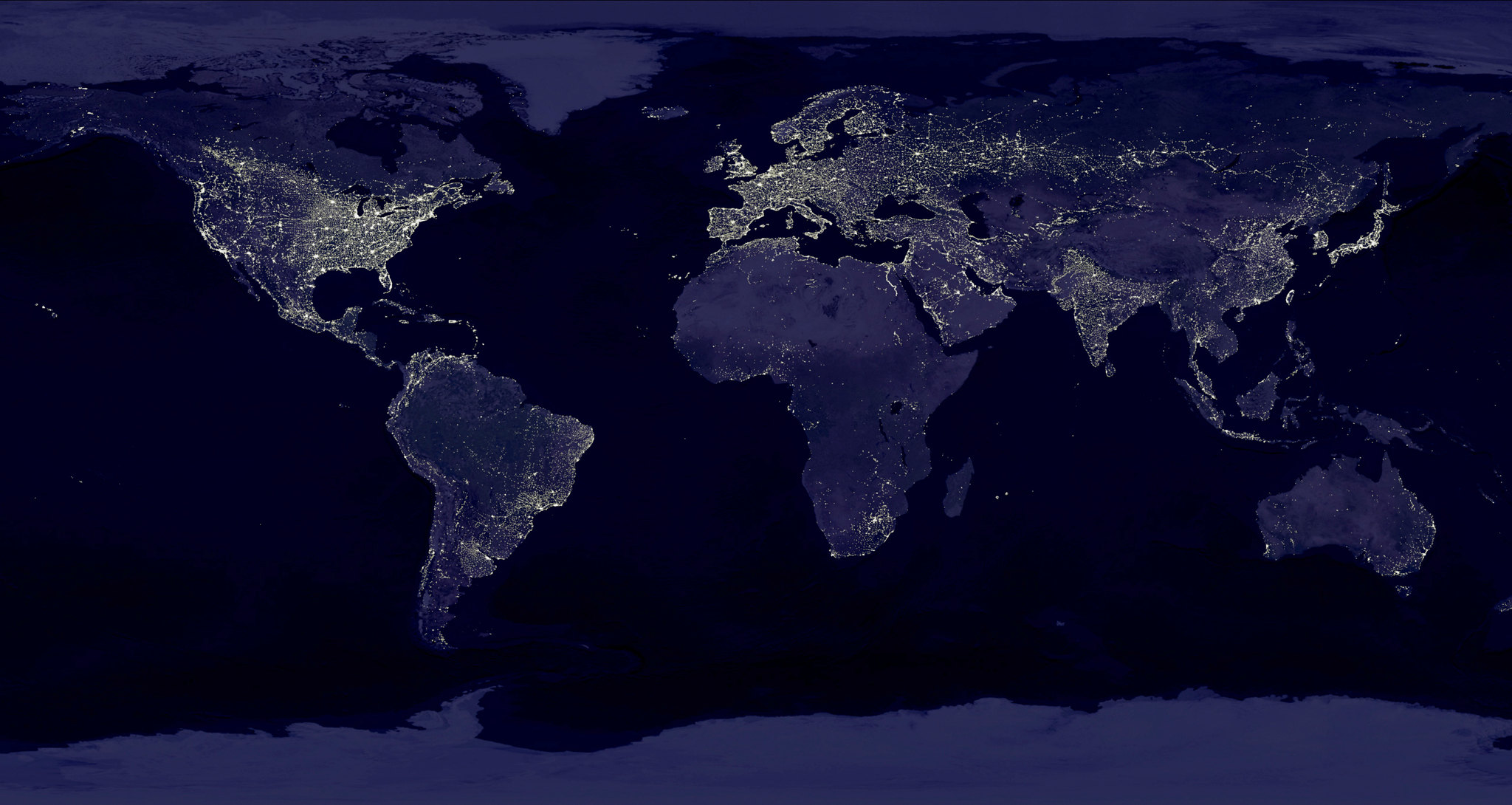Al Qaeda took more than half a year to follow up on 9/11 with a renewed attack.
DJERBA, TUNISIA — I am fairly certain that for most of you the very first time you heard of a terrorist group that went by the name Al Qaeda (AQ) was in the aftermath of 9/11. Prior to that, the terrorist organisation run by Usama bin Laden was not a household name – neither was terrorism something the average person paid much attention to – and AQ was really the concern of those in the law enforcement and security intelligence agencies.
As for me, I was working in SIGINT (signals intelligence) at CSE – Communications Security Establishment in the late 1990s and I recall a reporting line that the Americans entitled ‘the UBL network’ (UBL standing for Usama bin Laden of course). I will not lie to you: I gave this issue a fleeting glance as I was working on other priorities at the time. If you are interested in my reaction to 9/11 as it unfolded for me from within the world of ‘spooks’ have a look at the introduction to my fourth book An End to the War on Terrorism.
Like many, both in the intelligence world and elsewhere, my life changed that day as I migrated to gaining a better understanding of not just AQ but violent Islamist extremism in general, a change that has been ongoing for almost twenty years. Many of us strove to understand just what this AQ was, who this UBL was, and what drove people to fly planes into buildings.
While we did our best to get up to speed on this group of terrorists we also were nervous about when the ‘other shoe would drop’. You see, we were convinced that there was more AQ terrorism on its way and we obviously wanted to stop it before it happened. No one wanted another attack, even if it was not on the scale of the events in New York, Washington and Pennsylvania.
Al Qaeda strikes again, this time in Tunisia
It might come as a surprise to you then that the next significant attack attributed to AQ did not come for another seven months. On this day in 2002 a suicide bomber detonated a truck bomb outside the el-Ghriba synagogue in Djerba, Tunisia, killing 19, including 16 German and French tourists. The man at the wheel was a man named Nizar Nawar and the operation was coordinated by Khalid Sheikh Mohammed, the mastermind of 9/11 who was captured by the US in Pakistan in 2003.
A youth could not see his brothers in Palestine butchered and murdered… [while] he saw Jews cavorting in Djerba.
So why Tunisia? Although we associate the North African state with the launch of the Arab Spring and a democracy of sorts, it has actually had a jihadi problem for a long time. I refer the reader to a recent book by Aaron Zelin (Your Sons Are at Your Service: Tunisia’s Missionaries of Jihad) Aaron joined me recently for a podcast to talk of his scholarship.
Al Qaeda has been behind some terrible acts of violence over the past three decades. Alas, the end is not in sight.

What happened on this day in the past?
Terrorism has been around for a long time. Check out my blog Today in Terrorism and have a look at what happened on this day in the past and what it means for today.
